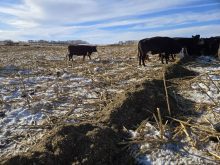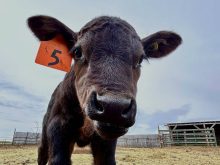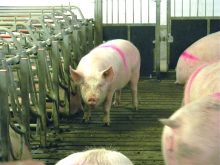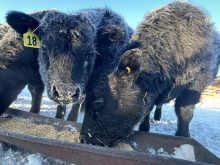South Korea, battling against its worst foot-and-mouth outbreak, said March 2 it had reopened most slaughterhouses nationwide to ease a supply shortage after closing them to contain the animal disease.
The government of Asia’s fourth-largest economy said in a separate statement that it had confirmed 150 cases in 11 provinces in three months so far, which led it to cull and bury a third of its hog population and five per cent of cattle.
“Foot-and-mouth outbreaks have caused prices of pork and eggs to rally, also prices of alternative imported beef to rise,” a statement from the Finance Ministry said.
Read Also
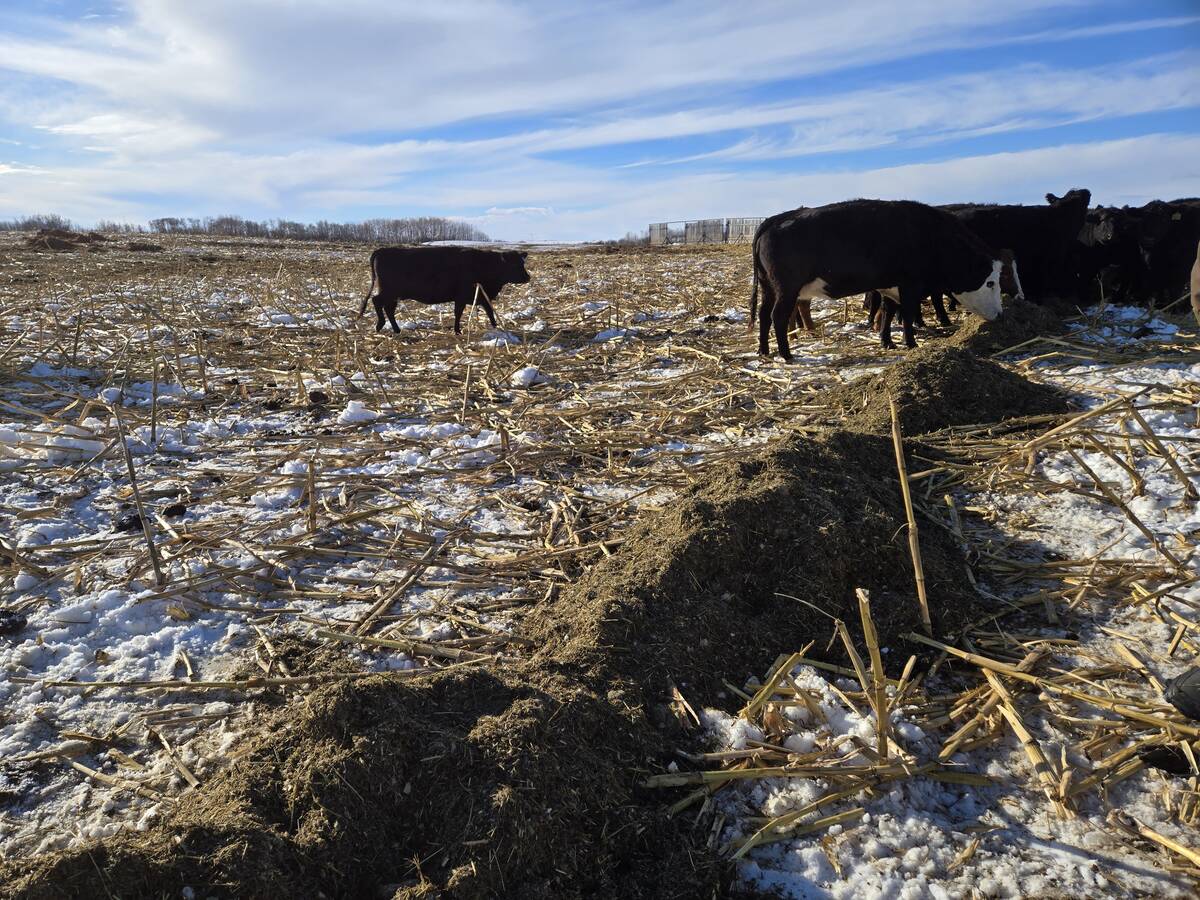
Winter grazing tour highlights cost-saving mix of cover crops and silage
Discover one beef producer’s strategies to slash winter feed costs — and how to make sure it meets a cattle’s nutritional needs.
Average domestic prices of pork and imported beef had jumped a respective 35.1 per cent and 17.3 per cent in February from a year earlier, the statement noted, adding that 30 of the total 36 closed slaughter houses were reopened so far.
The nationwide outbreaks of foot-and-mouth originated in pigs in the city of Andong in North Gyeongsang province on Nov. 28, which triggered the massive animal slaughter, nationwide vaccination and record-high pork prices.
To ease a supply shortage, the government has allowed tariff-free pork imports of up to 110,000 tonnes during the first half of this year.


